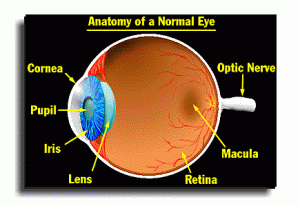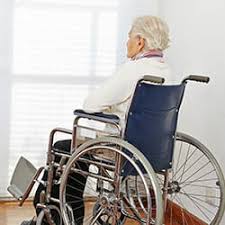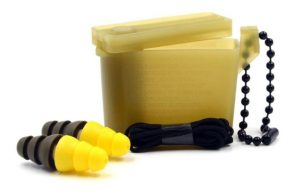A former nursing home executive was indicted this week in connection with alleged healthcare fraud totaling more than $407 million. A federal grand jury in the Western District of Wisconsin returned an indictment yesterday charging Kevin Breslin, 56, of Hoboken, New Jersey, with a scheme to defraud Medicare and Medicaid in connection with the operation of nursing homes and assisted living centers in Wisconsin. Mr. Breslin was a former top executive at Atrium Health and Senior Living.
The alleged scheme involved inflating the cost of services and supplies and retaining overpayments from taxpayer dollars. From January 2015 through September 2018, Atrium billed Medicare for over $189,000,000 and received over $49,000,000, and they billed Medicaid for over $218,000,000 and received more than $93,000,000. However, the indictment alleges that the majority of those funds never went to providing care for residents of Atrium Facilities. The government believes that Atrium took these large sums of money, but failed to follow quality of care standards for nursing homes, provided inadequate staffing and supplies, and diverted funds from their Wisconsin nursing home facilities to guaranteed payments to investors to finance the construction of new nursing homes in New Jersey. Breslin faces penalties of up to 20 years in prison in connection with these charges.
 Georgia Injury Lawyer Blog
Georgia Injury Lawyer Blog















